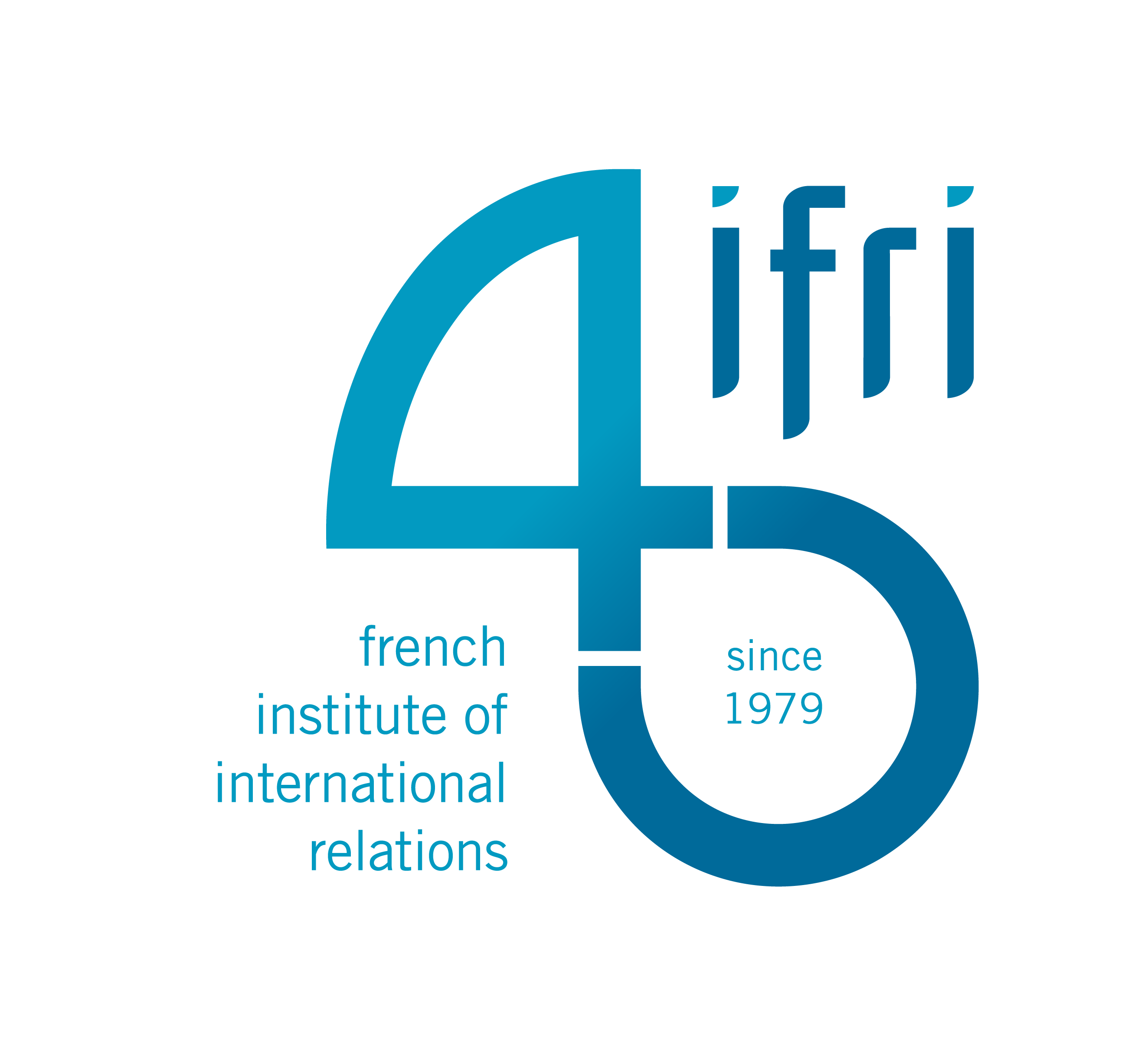Founded in 2013, the Alternative für Deutschland (AfD) has become increasingly radical as crises have unfolded. Since 2015-2016 and the massive influx of immigrants into Germany, it has positioned itself as a virulently anti-migrant party and continues to consolidate its foothold in the German political system, particularly in parliaments. While its roots are very strong in the eastern regions, where its main strongholds are located, it is also attracting more and more voters in the west, against an overall backdrop of normalization of the far right and a national context marked by strong economic and political destabilization.
According to opinion polls, the far-right party could achieve an unprecedented score in the early parliamentary elections on February 23, 2025. Although kept out of power by an anti-extremist consensus – albeit one that has been severely shaken in recent weeks – the AfD has a degree of blocking power and has steadily extended its influence through its policy of entry into political and public institutions and its propensity to ally itself with the most radical forces in the pre-political arena. The current election campaign is being used as a vehicle to disseminate its ethno-nationalist program based on anti-European, racist and security-oriented sovereignty, anti-social economic liberalism and an ultraconservative vision of society. It is led by a candidate, Alice Weidel, whose profile within the AfD is very atypical. Adulated by her supporters for her “disruptive” communication, she is conducting a very controlled campaign and is benefiting as much from powerful support from abroad as from the extreme polarization of the political debate in Germany on the issue of migration.
About the Author
Valérie Dubslaff is a graduate of the École Normale Supérieure with the Agrégation and holds a doctorate in German studies and contemporary history. Since 2018, she has been a Maîtresse de conférences in German civilization at the University of Rennes 2 / ERIMIT. Her research focuses on the history of women and gender, as well as the evolution of the far right in Germany after 1945.


